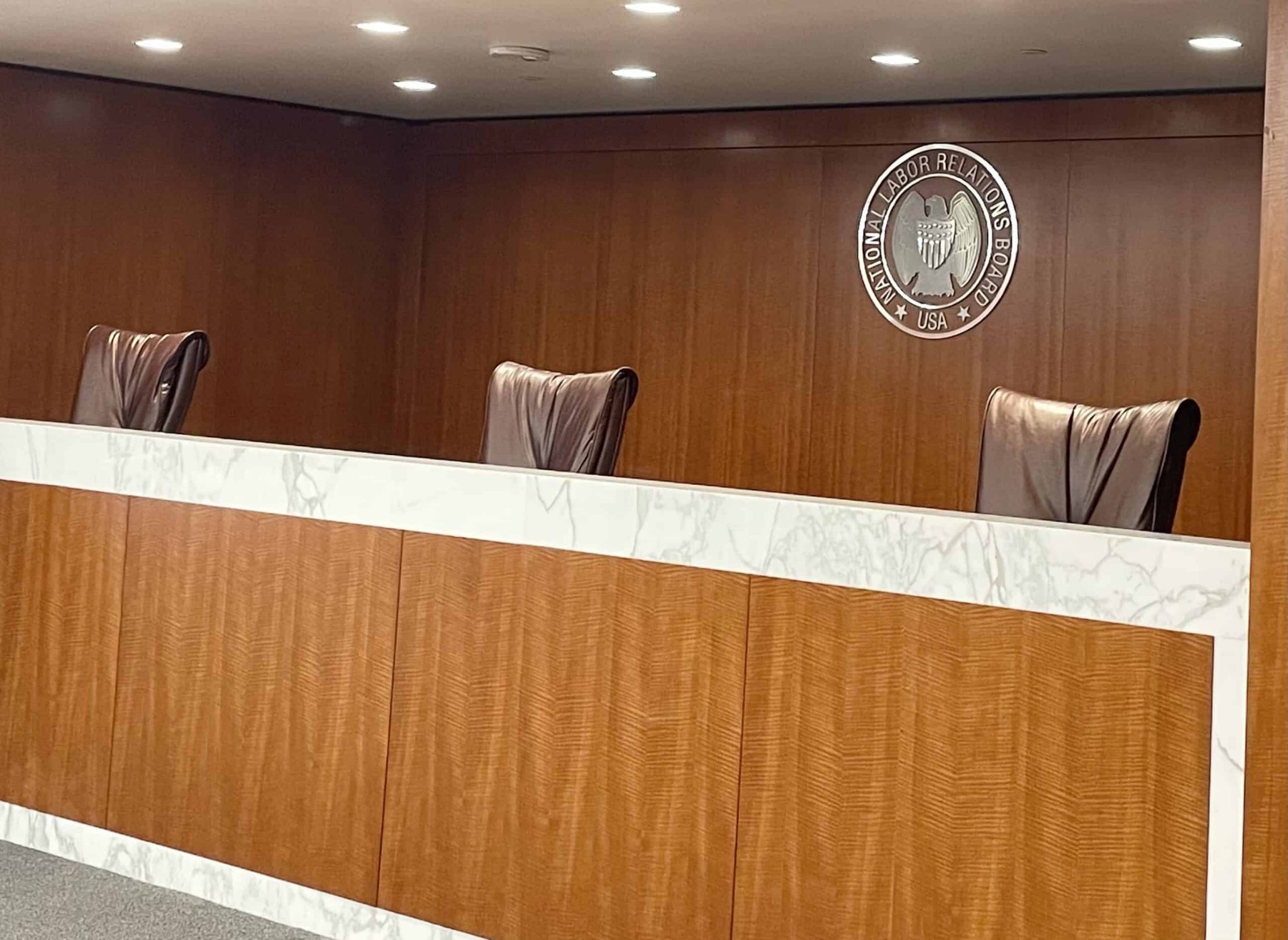
Swap Agrawal is a student at Harvard Law School.
In this weekend’s news and commentary, the National Labor Relations Board published a notice of proposed rulemaking (NOPR) to expand the number of business regarded as “joint employers” under the National Labor Relations Act, and a new report from the National Domestic Workers Alliance demonstrates that domestic workers are still struggling to make ends meet despite slightly higher wages.
On September 7, the National Labor Relations Board published a notice of proposed rulemaking (NOPR) that would significantly expand the number of businesses presumed to be “joint employers” under the National Labor Relations Act. The rule states that two or more employers would be considered joint employers if they “share or codetermine those matters governing employees’ essential terms and conditions of employment.” Thus, the proposed rule includes any entity that has the authority to exert direct or indirect control over an employee’s wages, benefits, and other compensation; hours of work and scheduling; hiring and discharge; discipline; workplace health and safety; supervision; assignment; and the manner, means, or methods of work performance. Significantly, the rule does not require that the entity actually exercise that authority or control; rather, the existence of the authority is sufficient to impose liability on an entity. The proposed rule, which explicitly rescinds the Trump administration’s 2020 overhaul of the joint employer standard, would ensure that employers that frequently contract for another employer’s employees are not able to escape liability for practices that violate federal labor law. Large employer groups that are likely to be affected include franchisors and franchisees, entities that supply temporary employees, or entities that utilize contract labor for auxiliary functions such as facilities maintenance and security. This change is especially important given the recent wave of union organizing at franchises across the country.
On September 6, a new report from NDWA Labs, the research wing of the National Domestic Workers Alliance, found that 38% of nannies, home-care workers, and housecleaners are bringing in at least $15 an hour for their work, up from 30% earlier in the year. However, as the country continues to experience record inflation, over 40% of respondents to the survey said they could not afford their rent or mortgage payments. “Even with slight improvements in wages, domestic workers we surveyed are facing real and nearly unchanging challenges to put food on the table and keep roofs over their heads,” said Paulina Lopez Gonzalez, the economist in residence at NDWA Labs. Moreover, despite the tight labor market, domestic workers are having trouble finding work. The report found that the percentage of jobless Spanish-speaking domestic worker respondents remained unchanged in August compared to the previous month. An average of 19% of respondents reported having zero hours of work, and 68% of respondents who had work in August reported being underemployed. These economic challenges make clear the need for the Domestic Workers Bill of Rights Act.






Daily News & Commentary
Start your day with our roundup of the latest labor developments. See all
February 1
The moratorium blocking the Trump Administration from implementing Reductions in Force (RIFs) against federal workers expires, and workers throughout the country protest to defund ICE.
January 30
Multiple unions endorse a national general strike, and tech companies spend millions on ad campaigns for data centers.
January 29
Texas pauses H-1B hiring; NLRB General Counsel announces new procedures and priorities; Fourth Circuit rejects a teacher's challenge to pronoun policies.
January 28
Over 15,000 New York City nurses continue to strike with support from Mayor Mamdani; a judge grants a preliminary injunction that prevents DHS from ending family reunification parole programs for thousands of family members of U.S. citizens and green-card holders; and decisions in SDNY address whether employees may receive accommodations for telework due to potential exposure to COVID-19 when essential functions cannot be completed at home.
January 27
NYC's new delivery-app tipping law takes effect; 31,000 Kaiser Permanente nurses and healthcare workers go on strike; the NJ Appellate Division revives Atlantic City casino workers’ lawsuit challenging the state’s casino smoking exemption.
January 26
Unions mourn Alex Pretti, EEOC concentrates power, courts decide reach of EFAA.